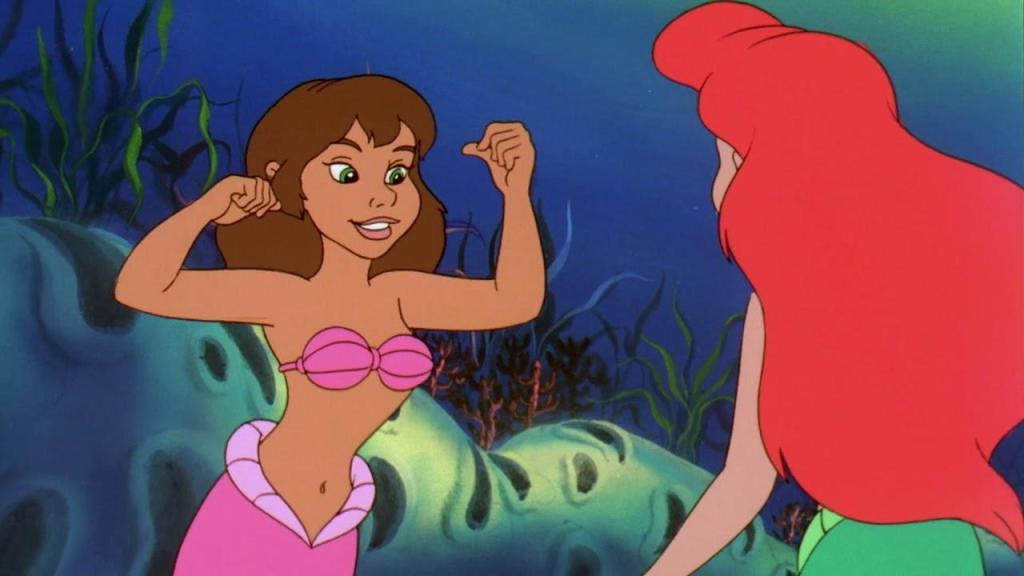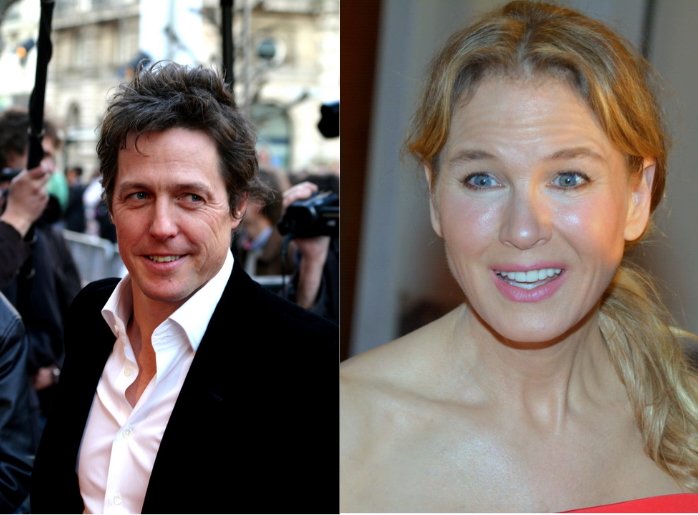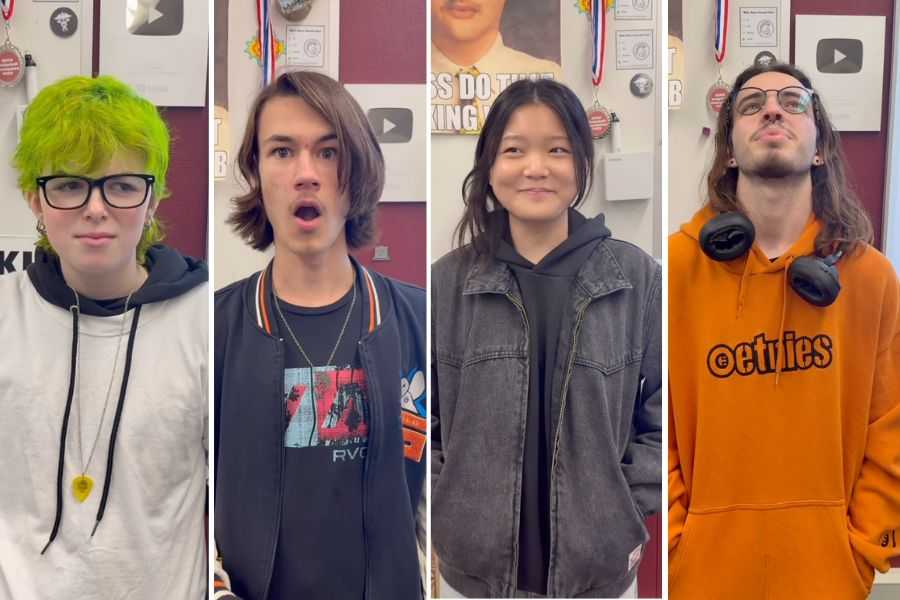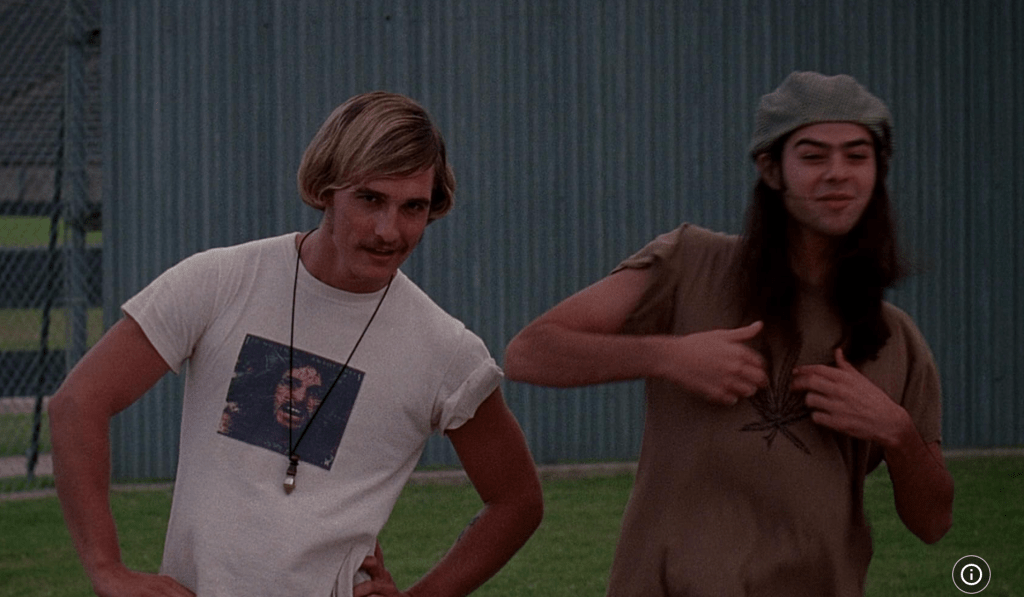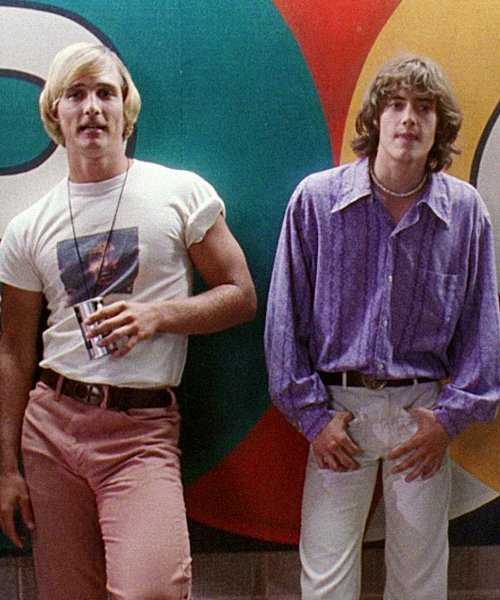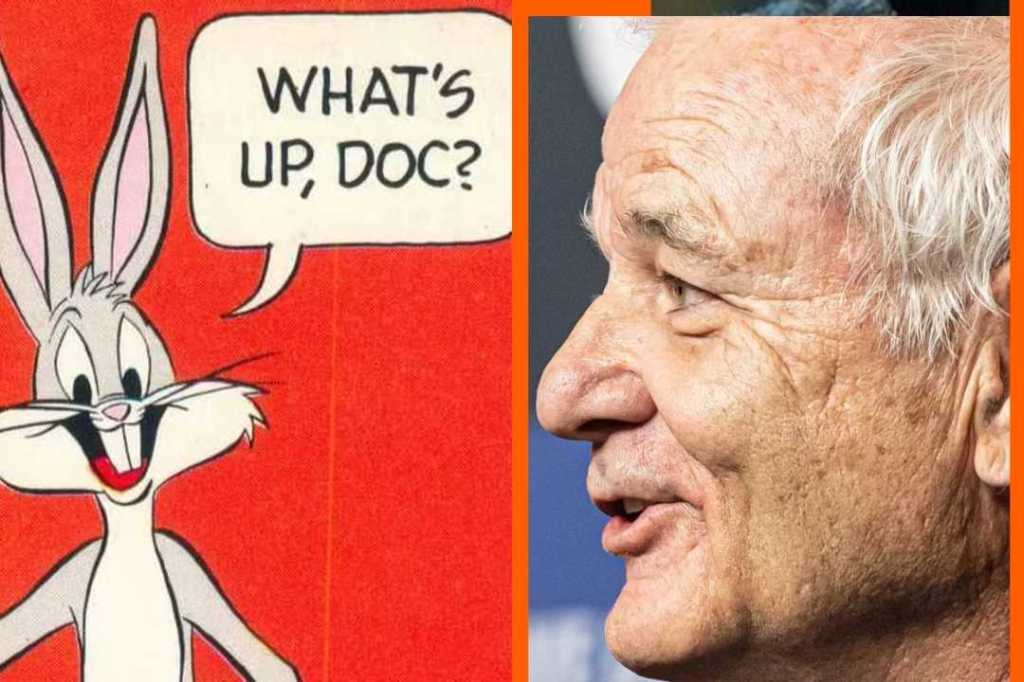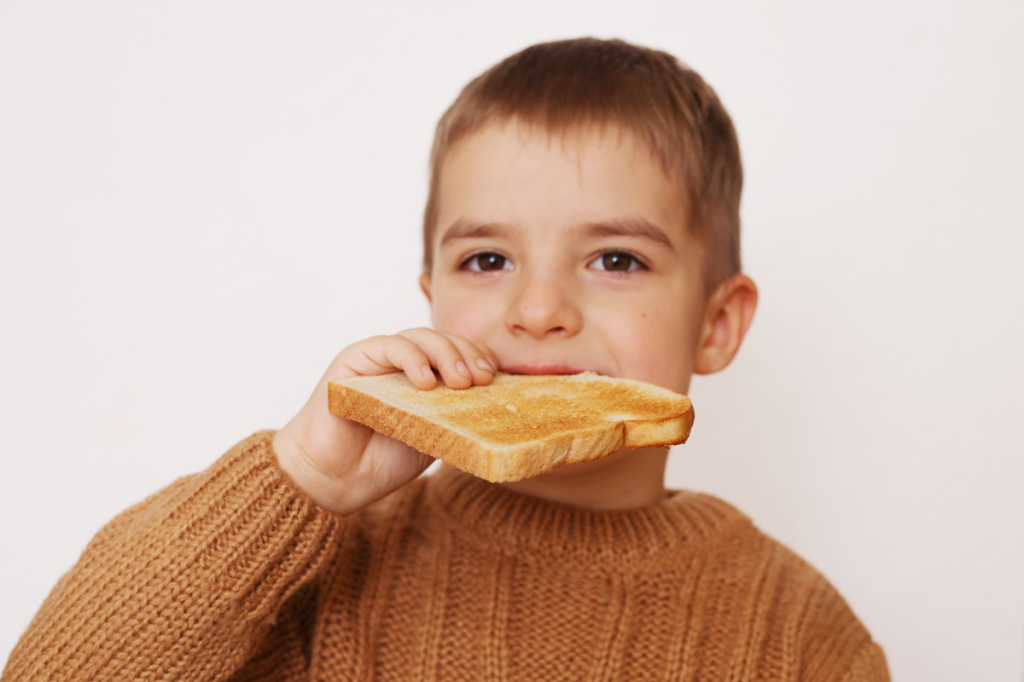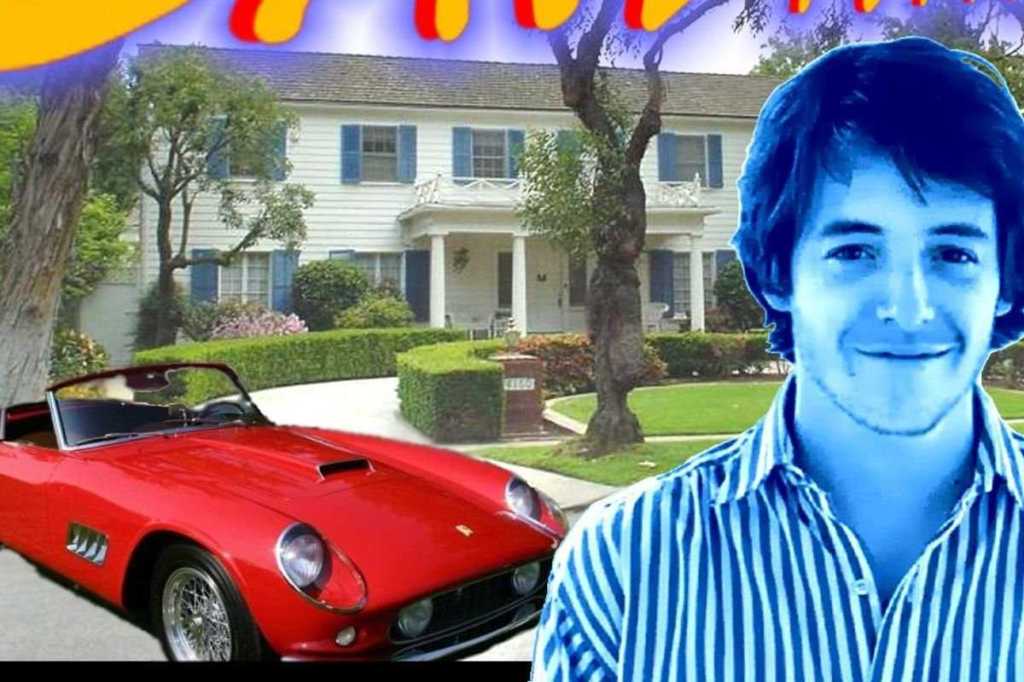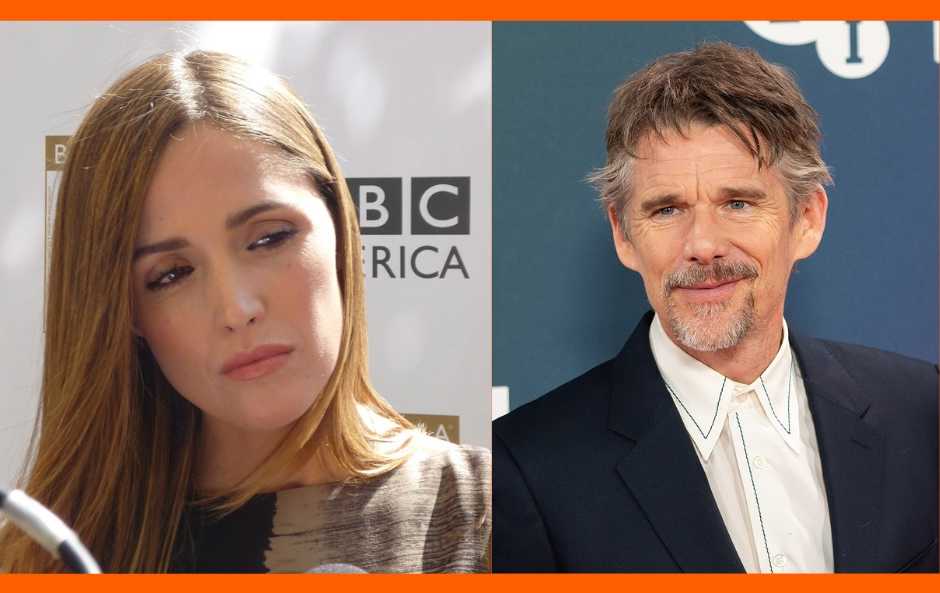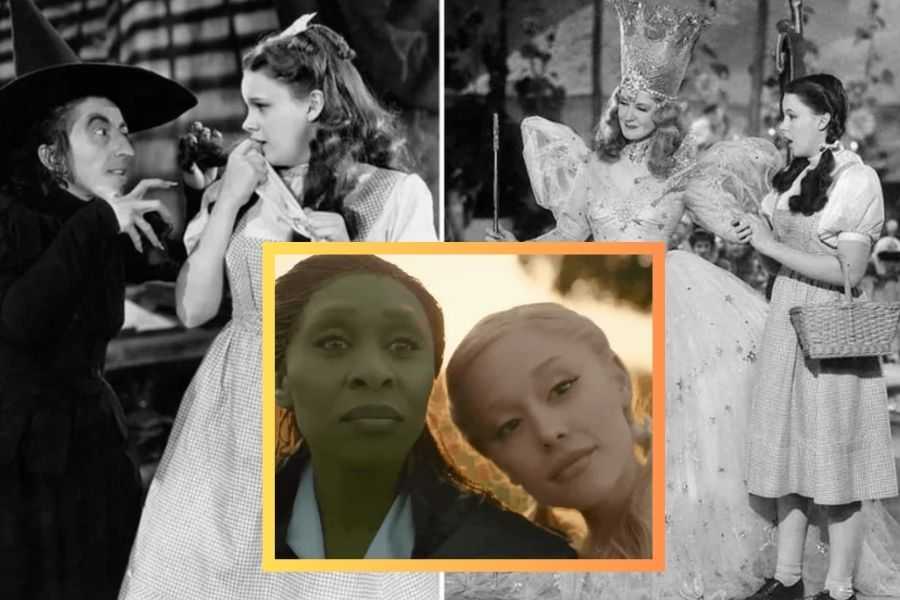Fellow millennials, do you remember that glorious time period in the early ’90s when our favorite Disney movies had their own cartoon series? They even had some pretty Marvel-worthy crossovers, like when Hercules ended up meeting Jafar and Aladdin had a run-in with Hades in the same episode. Good times.
“The Little Mermaid” was included in this movie-turned-series line-up. And during its run, the spin-off show introduced Gabriela, a racially diverse and deaf mermaid. Yes, as it turns out—Disney has always imagined it to be diverse under the sea. Ariel first meets Gabriela and her octopus companion (an ASL interpreter) Ollie in an episode titled “Wish Upon a Starfish.” The character, described as Latina on Disney Wiki, was based on a real young girl who loved the original film but tragically passed away at the age of 2 of leukemia.
You can check out their first encounter below.
Yes, that is the voice of Jodi Benson (the original Ariel) singing.
The two mermaids become fast friends and, as the episode’s title suggests, later they both get to make a wish. Gabriela shared her desire to be able to sing to “express her feelings,” which she learned she could already do through signing. The ’90s were a great time for episodes ending with an upbeat moral.
Though it could be argued that Disney has had its fair share of virtue signaling in the past, it does often advocate for representation in authentic ways, as it did by introducing Gabriela.
And yet, despite having a well-known reputation for inclusiveness, Disney’s casting choice of singer Halle Bailey as Ariel in the live action remake of “The Little Mermaid” has, as so many diverse reimaginings do, been on the receiving end of racist backlash.
The comments have run particularly rampant since the official teaser trailer was released. In only two days, the video received more than 1.5 million dislikes and the inception of the hashtag #NotMyAriel.
Some have claimed that having an actress that isn’t identifiable white strays too far from the original Danish story, which is pretty mind-boggling considering Hans Christian Andersen’s original little mermaid had no name to begin with, had no major physical descriptions other than “soft and tender skin” and deep blue eyes and, let’s just say, she definitely did not live happily ever after with the prince.
Another complaint is that Ariel’s signature bold red hair from the ’90s (which has been significantly toned down in Halle Bailey’s look) is a must-have trait. This was certainly not a creative choice on Andersen’s part. We mostly have 1984’s “Splash” to thank for that. As PopSugar explains, Disney animators changed Ariel’s hair from blonde to red in an attempt to stand out from Darryl Hannah’s iconic role of Madison.
In other words, Disney already strayed from the “original” story. Why can’t it be tweaked again? Make it make sense, please.
There are some even more bonkers arguments swimming around out there, such as “Daily Wire” host Matt Walsh claiming that “from a scientific perspective, it doesn’t make a lot of sense to have someone with darker skin who lives deep in the ocean.” Whether or not this was, as Walsh later commented, to be a form of satire, it’s hard to not see it as founded in racism more than anything else.
Considering the apparent lack of logic and unbridled outrage over this fictional character, it’s hard not to see any of the backlash to the latest “My Little Mermaid” as anything other than thinly veiled racism. One group of critics went as far as to share a digitally altered version of the teaser featuring a white woman instead of Halle Bailey, who they called a “woke actress.”
Disney established the existence of dark-skinned mermaids as canon decades ago, and folklore throughout the world existed centuries before that. Plain and simple. Besides, the joyful reactions that kids are having to Bailey’s Ariel show firsthand why representation matters. The story, and the character, still have plenty of magic to offer everyone. Nothing is lost through more inclusion.
I for one hope they make even more changes to the story. Like maybe not sending young girls the message to literally prioritize their looks over their voice … or sign contracts without reading them.

